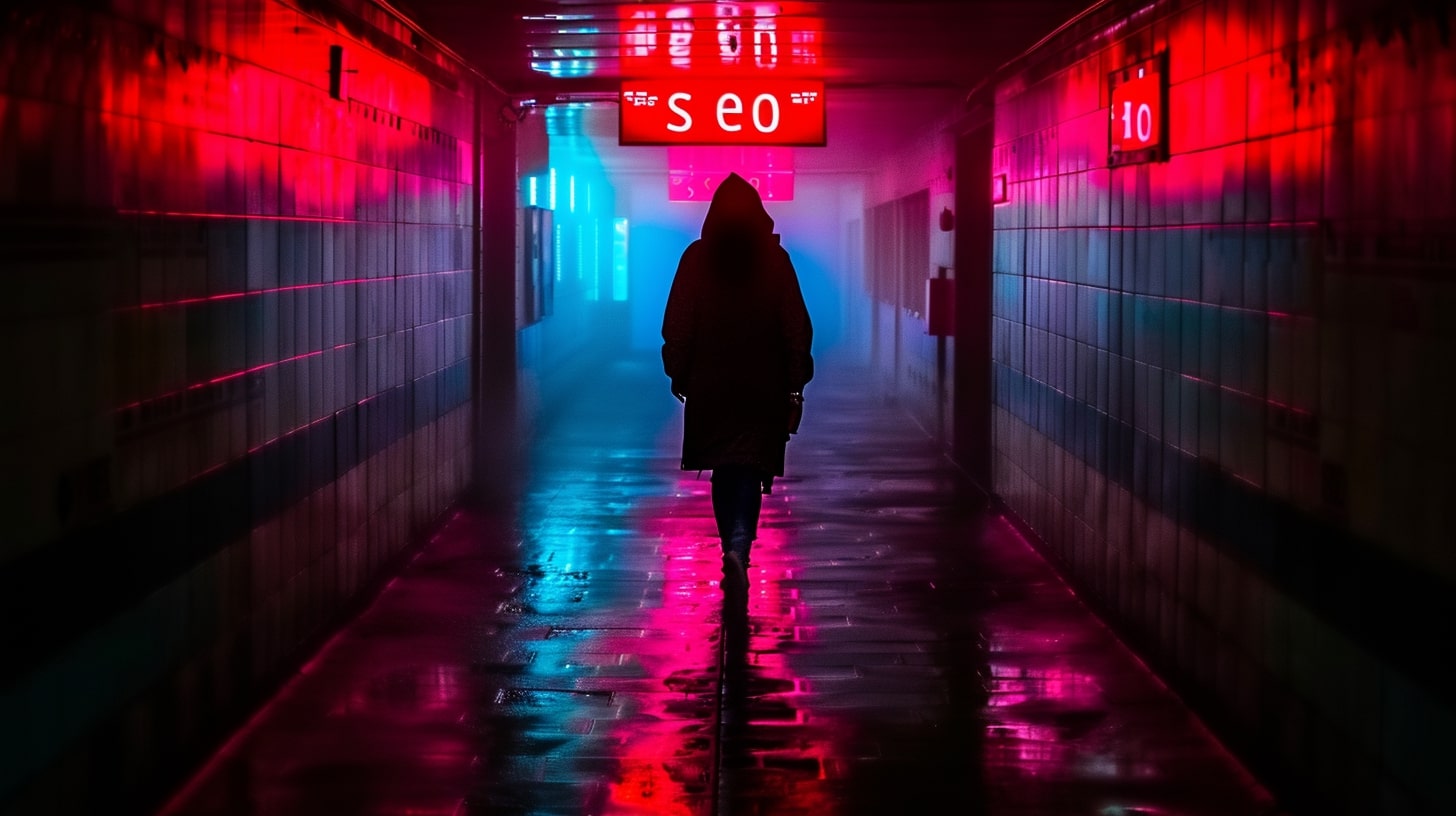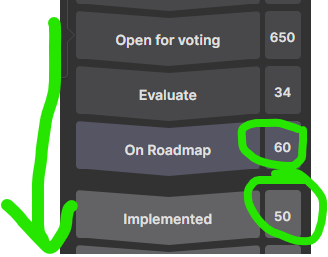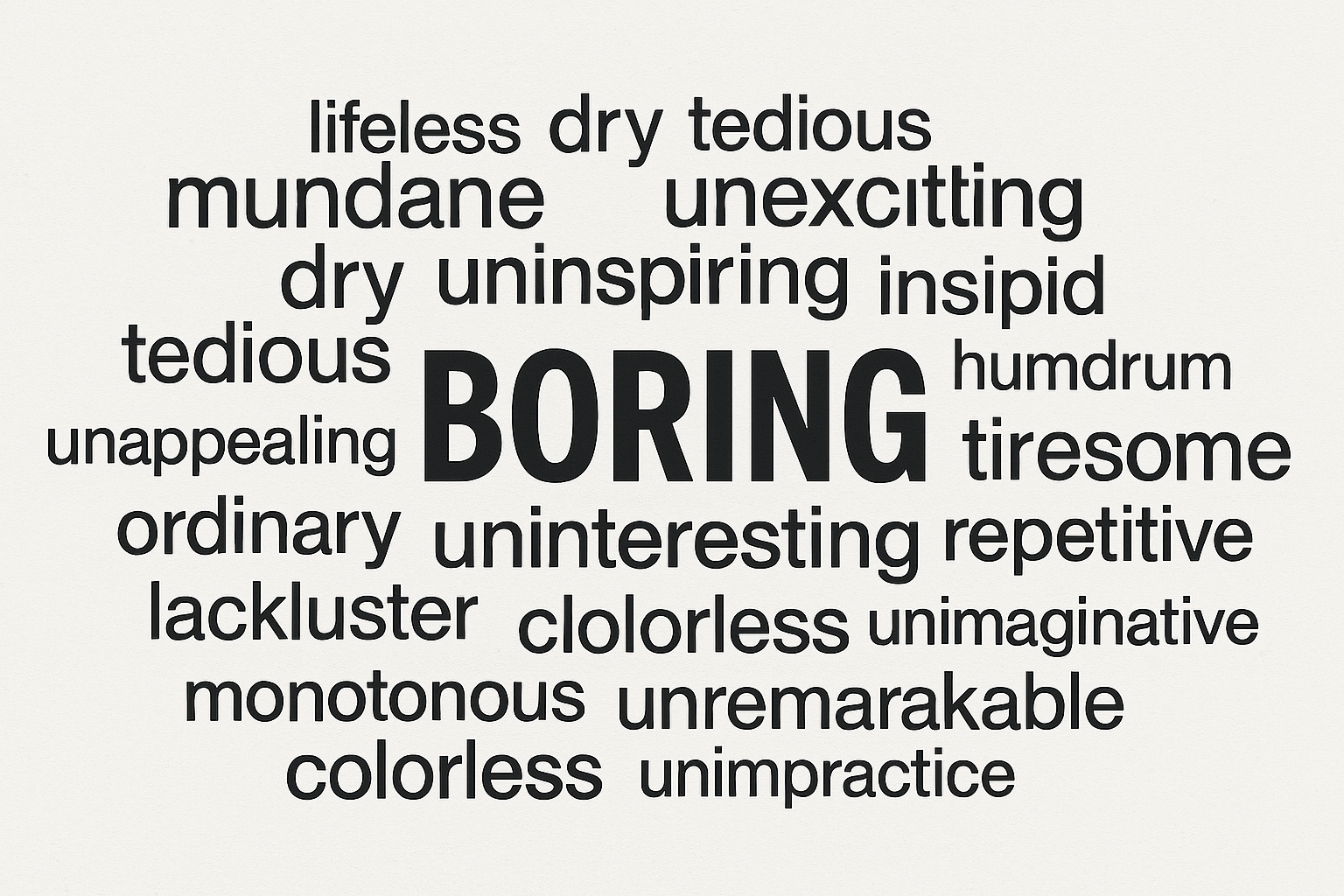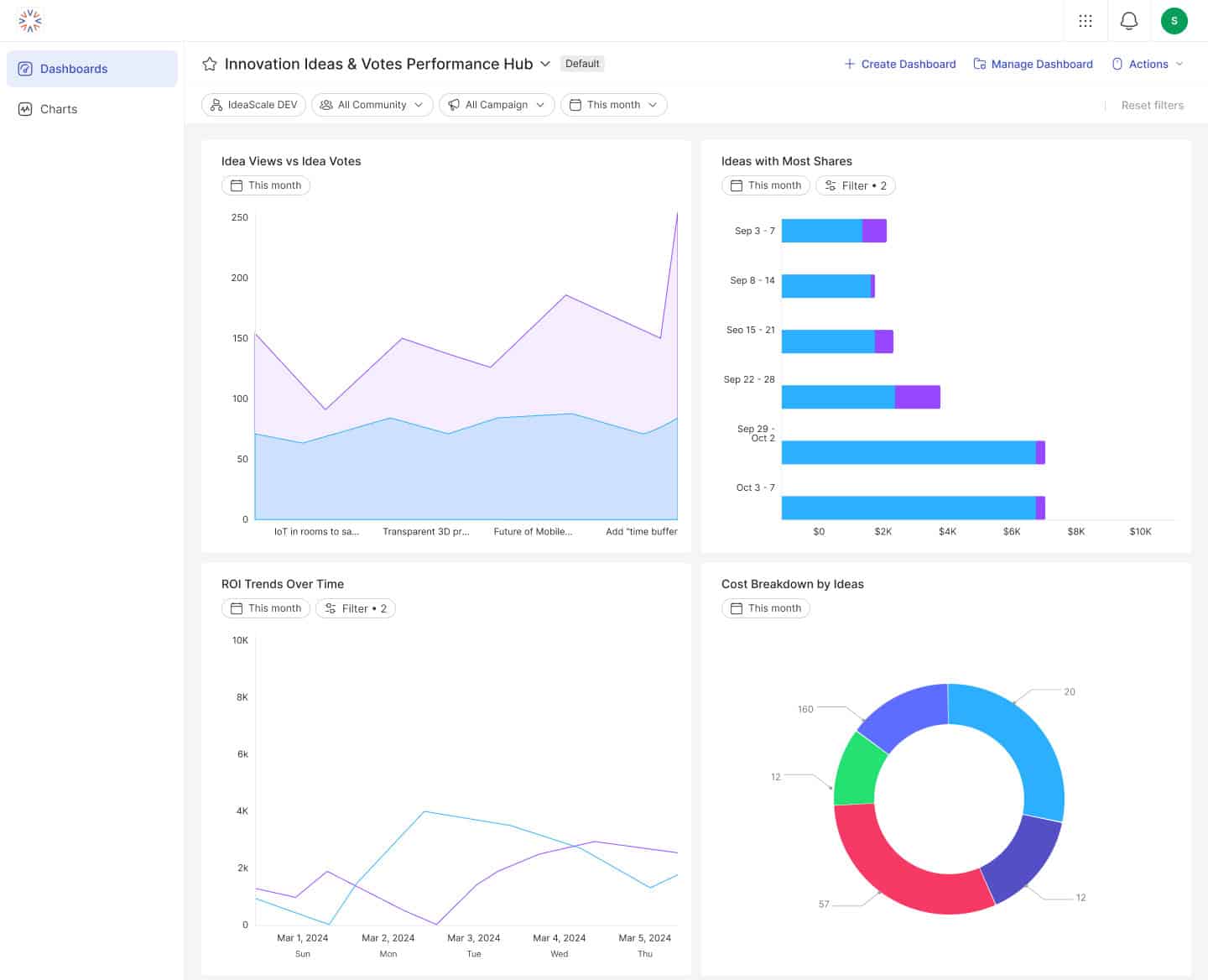Jeremy Rivera recently sat down with Nick Jain, CEO of IdeaScale, for a discussion about the evolution of search, content strategy, and the future of SEO. As the leader of the world’s largest innovation software company, Jain shares insights from transforming IdeaScale’s digital presence – achieving a 15x growth in organic traffic within just six months. The conversation explores everything from practical content strategy to philosophical questions about AI’s impact on search and society.
The discussion offers both tactical insights for SEO practitioners and broader perspectives on where digital marketing is headed – and why traditional optimization approaches alone no longer suffice in today’s rapidly evolving landscape.
Killer Quotes From Nick Jain
- “From early 2023 through mid 2023, we, I think, 15x’d our SEO traffic. And today we have approximately eight times more organic web traffic than all of our nine top nine competitors combined.”
- “It is all genuine, valuable content, not what I call thinly veiled advertising… if you want the best resource on how to do a fishbone diagram or how to create an innovation culture, basically the top three resources on the internet are Idea Scale, Wikipedia, and Harvard Business Review.”
- “These are not thinking machines. It’s not artificial intelligence. Like candidly, AI is a great marketing term. We don’t have artificial intelligence. We just have a better algorithm than we did three years ago.”
- “The best way to do well at an SEO or geo is to have great relevant content that is relevant to the end user. You can’t hack your way around that.”
- “We’ve started investing over the last few months a lot more into the video side of things… because a lot more people, including business professionals by the way, our customers, our businesses, not teenagers, are consuming more and more content in the form of video and audio.”
Takeaways From The Convo
- Content quality trumps SEO “hacks” in the long run
- Video and audio content are becoming increasingly important, even for B2B
- AI search engines use similar ranking principles to traditional search
- Brand building and genuine expertise matter more than ever, even if you’re just doing packaging, you now have to “build brand signals” as part of your SEO process
- The future of search will blend traditional SEO with AI optimization
- Content strategy should focus on genuine value, not promotional messaging
- Enterprise SEO requires different approaches than local SEO
- The fundamentals of search optimization remain consistent
- Multi-channel content distribution is becoming crucial
- Future-proofing requires adapting to new content consumption patterns
Here’s An Annotated Part Of The Conversation
Jeremy Rivera (SEO Podcast Host): Every time I think I understand SEO, Google throws us another curveball. Today we’re diving deep with Nick Jain from IdeaScale.
Nick Jain (CEO, IdeaScale): When I joined Ideascale, we basically had no SEO presence whatsoever. Even though we’d been around 15 years and had built a multiple million dollar global business, we had no SEO presence. From early 2023 through mid 2023, we, I think, 15x’d our SEO traffic.
Jeremy Rivera: So it’s mostly like a content marketing strategy, link building, like what’s your forte or process?
Nick Jain (Leaning forward with intensity): We’ve done primarily on the content side. We haven’t done much of the link building. And by the way, we did this entirely in-house. So we didn’t hire any agencies. We basically did it with one full-time employee plus like 20% of my time. The real challenge is creating SEO strategies that actually drive revenue growth and MRR, not just rankings.
Jeremy Rivera: Is there a particular style or approach? What does your research process look like?
Nick Jain: Pretty much all of our content is put just on our company blog. Actually, I’ll lay out a few elements of our strategy. Number one is we pretty much all of our content sits on the blog. Secondly, it is all genuine, valuable content, not what I call thinly veiled advertising.
Jeremy Rivera: When it comes to creating that content, are you attributing individual authorship?
Nick Jain: I think we have three different chunks of authorship. Firstly is generic Ideascale content. Second is actually attributed stuff from Ideascale employees who have a domain of expertise. And then the third is our guest contributor program.
Jeremy Rivera:
I was just talking with the previous interviewee about accessing audience and that in SEO, we can kind of get narrowed down to looking at everybody else and everything else that ranks as competitors, because it’s like, hey, they’re going to be only one, you know, like there’s 10, 10, you know, blue links.
But really, when you break it down, like other people ranking, other people have audience already. So what do you think about the idea of a function of SEO being actually finding ways to access audience through participation, through co-marketing?
Jeremy Rivera (Reflecting): In recent discussions with other SEO pros like Matt Brooks of SEOteric, he’d brought up the “sea change” in the SEO ecosytem right now. That there’s always kind of been an unspoken exchange between publishers and site owners where they would generate content, Google would…leverage it for ads in search results, in exchange for sending the “rest” of the traffic to the 10 blue linked organically ranked sites.
Nick Jain (Nodding thoughtfully): It’s never been a healthy relationship. There’s a reason why one of them is a trillion dollar company and one of them are like billion dollar companies. Because it has never been an equal or symbiotic relationship.
Jeremy Rivera: So then the response to that is showing the true humanity, right?
Nick Jain (Speaking passionately): Not for another like one to 10 years. We’re not that far away, right? And that’s like at a fundamental level, and I’m probably far more aggressive as a futurist here. Gen.ai at some point, again, when these properly thinking machines come out and we’re not there yet, they’re going to take away what’s been special about humanity throughout all of history.
Jeremy Rivera: Let’s pare it back to maybe, as we kind of wrap up here, what would be two solid action items?
Nick Jain (Concluding with authority): I’ll give two pieces of advice. One is I think a lot of SEO experts again get caught up into the hacks. And I don’t mean this in a pejorative sense, but it’s like all the little things like how do you optimize your meta tags? At the end of the day, what all the search engines, whether they be traditional search engines or the LLMs in the world are doing is they’re trying to serve relevant content to the end user and they’re going to get smarter and better doing that. So they’re going to undo your hacks.
The best way to do well at an SEO or geo is to have great relevant content that is relevant to the end user.
You can’t hack your way around that. Even if you can for like a day or a week, when the algorithm gets updated, you fundamentally, they’re going to break your hack. You need to have great content. So that’s number one. Like hacks will not change the fact that these engines are trying, their fundamental purpose is to give the user what he or she’s asking for. And the best way to win as a company, as an organization, as a CEO person is to actually generate that content. That’s number one.
Number two is there is broader macro-channel that is separate from search is where are human beings spending their time? If you look, and I’ll give a quick historical, like 200 years ago we spent a lot of time as a species reading and watching plays because guess what?
We didn’t have TV, we didn’t have internet, we didn’t have video games, we didn’t have movies.
Theater started dying in the early 1900s, why? Because all of a sudden that’s really expensive to produce a theater filled with 300 people. You create one movie, you film it once, and all of a sudden you can reach 100 million people. So the golden age of cinema.
Right? And then, you know, when we think about the internet, first there was a lot of text on the internet. If you’re old enough to remember what Usenet groups are in the 80s or 70s, that was just text email chains.
Then starting in the late 90s, we started having images because our data compression technology and our internet bandwidth got big enough for data. Okay? Today, where are we moving?
Audio and video.
And that’s, so in terms of future-proofing our own organization, yes, we’re still producing content in the traditional graphical and text we saw are investing behind our blogs and great content there.
But we’ve started investing over the last few months a lot more into the video side of things. So content platforms such as YouTube, TikTok, Shorts on Instagram, because a lot more people, including business professionals by the way, our customers, our businesses, not teenagers, are consuming more and more content in the form of video and audio.
And so we are emphasizing both producing great content there, but as well doing kind of the SEO optimization game on those types of content rather than the text-based content.
Podcast Link: Creativity in Content Strategy & Musing About Gen Ai with Nick Jain of IdeaScale
Most Recent Posts
Explore the latest innovation insights and trends with our recent blog posts.














